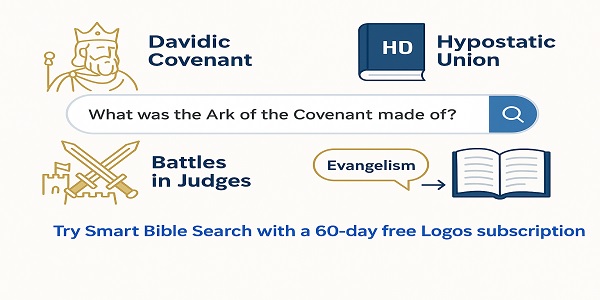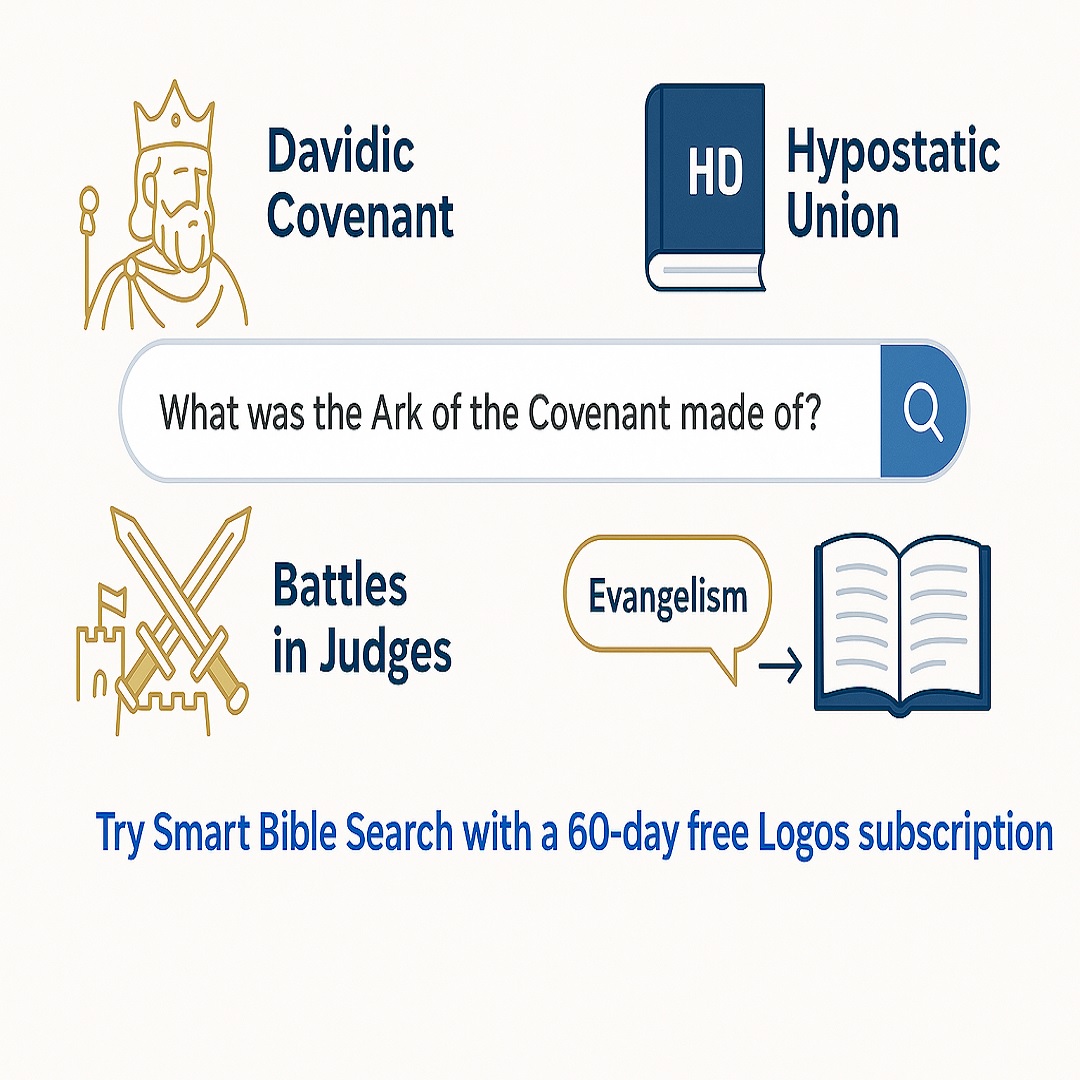
If you think the theology of Predestination and Election are mind-bending you may want to brace yourself for what is coming up now. Let’s talk about Grace And A Passover Narrative.
Ephesians 1: 5 – 6
5 He decided in advance to adopt us as his children, working through Jesus Christ to bring us to himself. He was happy to do this because this is what he wanted. 6 So we praise him for his glorious grace that he so kindly gave us in his beloved Son 1
Grace And Passover Narrative
1:5. “He decided in advance”
So much of the NT refers to the OT, which is the key to understanding what happened in Jesus.
Being chosen in Him is another way of talking about adoption, sonship, predestined, and foreordained. It is Passover thinking. When Moses says to Pharaoh, “Israel is my Son… therefore let my people go … and worship,” 2, it becomes the inauguration of the Passover and resulting Exodus. So we have an Exodus/Passover narrative here.
1:5 (cont.) adopt us as his children
In this context, adoption means coming into an inheritance
1:5 (cont.) working through Jesus Christ to bring us to himself.
All the hard legal work for the inheritance has been done. It requires sacrifice on an unimaginable scale. We can never expect to comprehend truly.
1:5 (cont.) He was happy to do this because this is what he wanted.
If the sacrifice was so incomprehensible, on such an unimaginable scale, how incredible is it that He did it gladly? It is “what he wanted”! “It delighted Him”.
(This theme continues in verse 7. See also: the headings, Grace Through Our Own Passover and Exodus)
Grace
Beyond Definition
This emphasis on grace, begs the question, ‘What is grace?’
A definition that I like is:
χάρις (charise) is the Greek for gift. All its derivatives may be variously translated as gracefulness, graciousness; favour; a favour; gratitude; and thankfulness. It is often used in the sense of the favour that an inferior finds in the eyes of his superior or as a gift or blessing brought to man by Jesus Christ. It may be used, depending on its context in the sense of gratitude, or thanks. It is often used in relation to the other words in the sentence such as in relationship to God when it refers to divine favour, or riches or a free (gracious) gift, an endowment, especially from God. For example, “I endue with grace (the divine favour)”.3
Defining grace as “undeserved favour” is helpful because a gift in Paul’s time and still in many cultures today carries an expectation of “Reciprocity”. That is, there is an expectation of something in return. In this case, the intended reciprocation is for us to Praise God. However, as we read on we will find these definitions helpful but inadequate.
1: 6 So we praise him for
There will be significantly more on the subject of adoption and sonship to come in the preceding passages. For now, we content ourselves with worship as it was intended.
1:6 (cont.) His glorious grace that He so kindly gave us in his beloved Son
Jew and gentile singing the praises of God’s glorious grace as just described, for all that he has delivered us from and done. The gift that is just boundless in its generosity.
Questions:
What is your Passover narrative?
Does your Passover narrative bring you to praise?
What does sonship mean to you?
Does sonship apply if you are a woman?
What effect does being adopted have on you?
How does God being “happy” (Delighted – New Kingdom Translation) to “adopt us as his children, working through Jesus Christ to bring us to himself” colour your reading of these verses?
====================================
1English: Free Bible Version Provided by: Free Bible Ministry, Inc. and open.bible, licensed under CC BY ND Published:
2Ex.4:21 -23
3Quoted from Logos software

 Search The Bible the way you have always wanted to.
Search The Bible the way you have always wanted to.


 The most complete Bible study Platform. Start you Free trial Now!
The most complete Bible study Platform. Start you Free trial Now!

